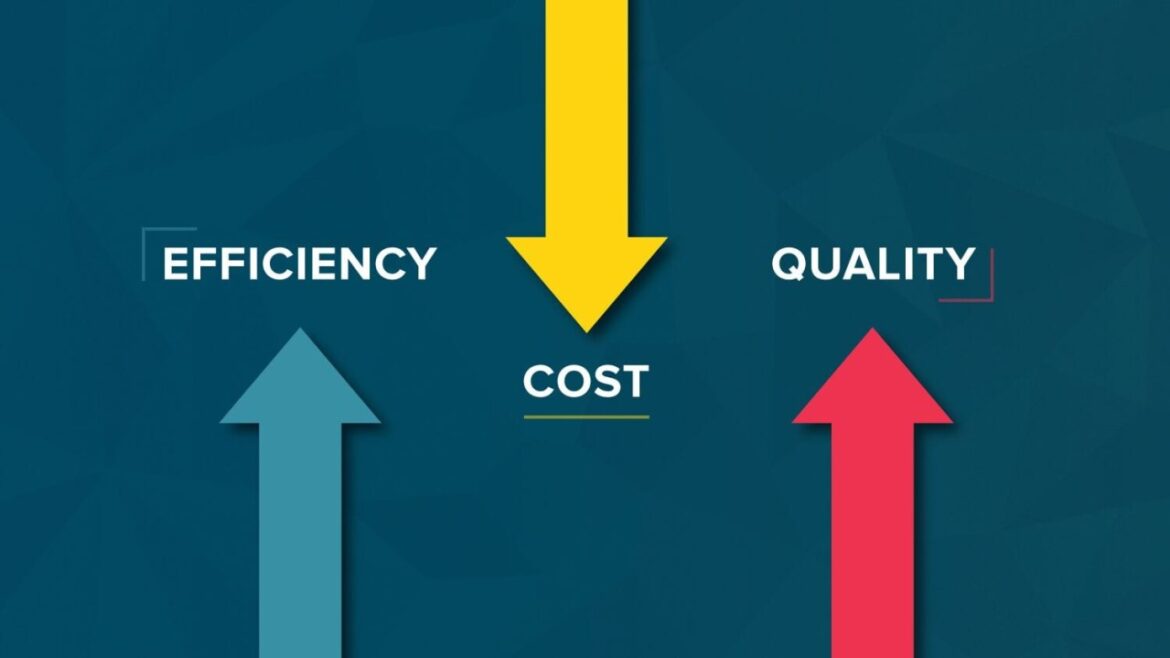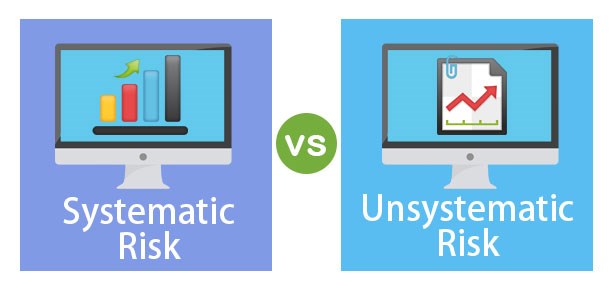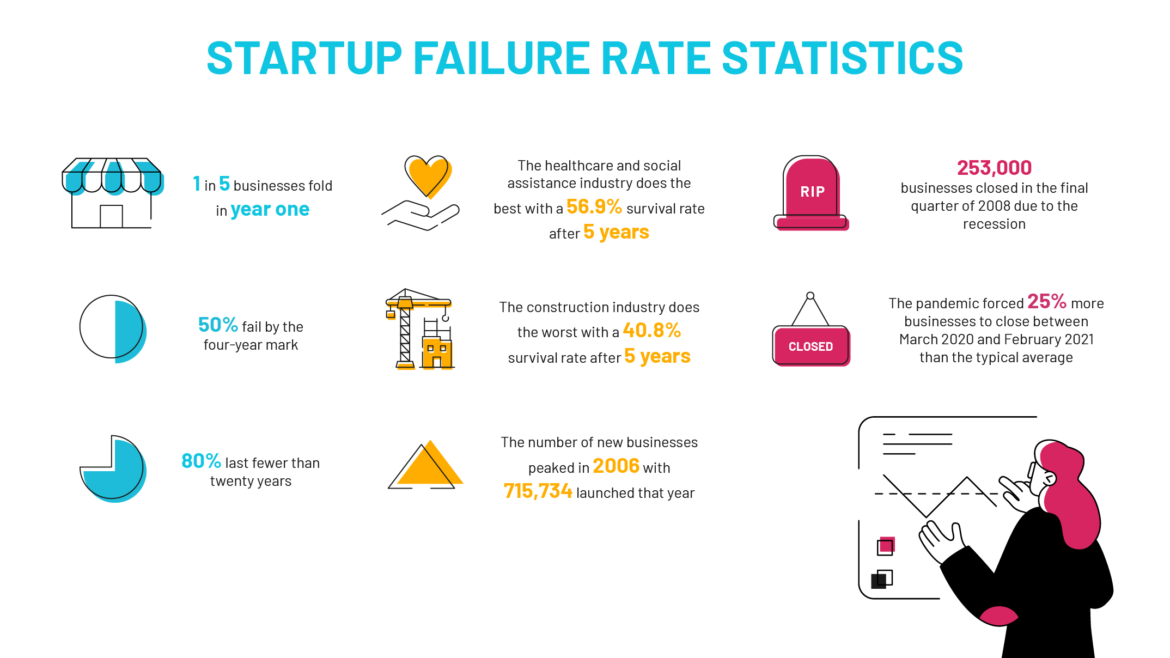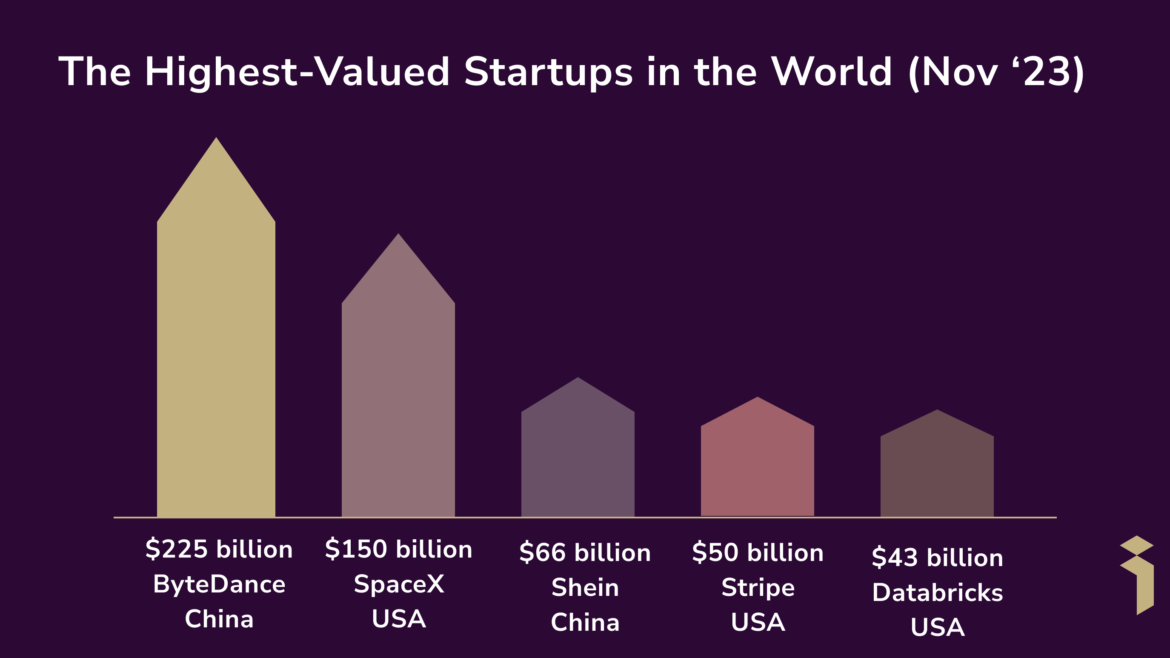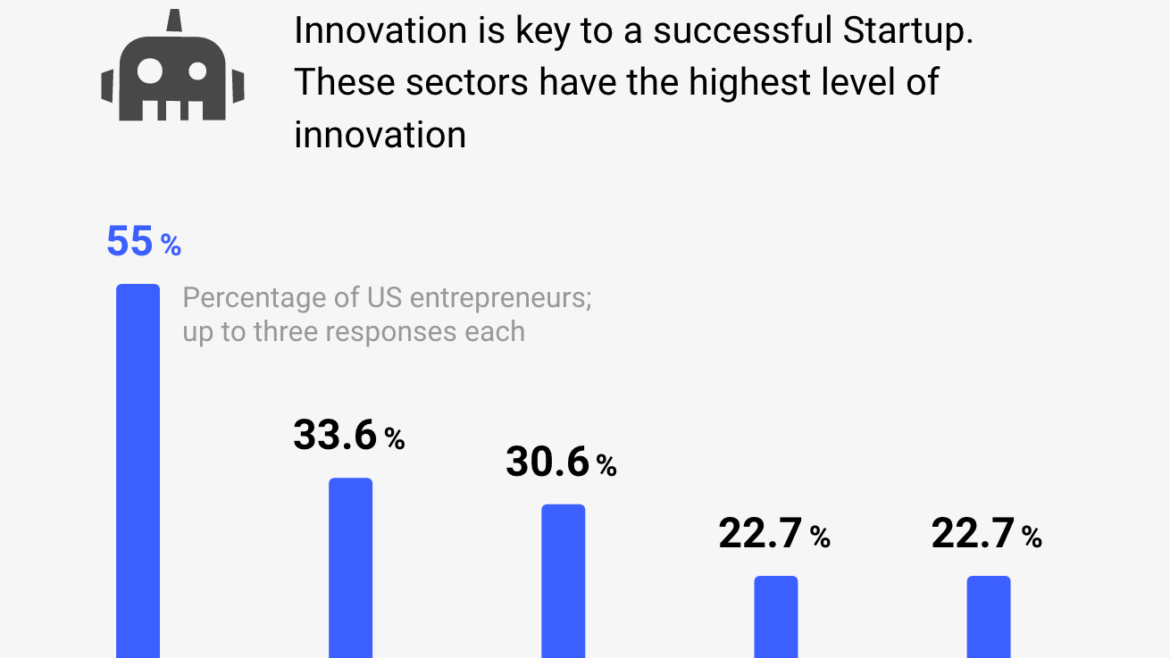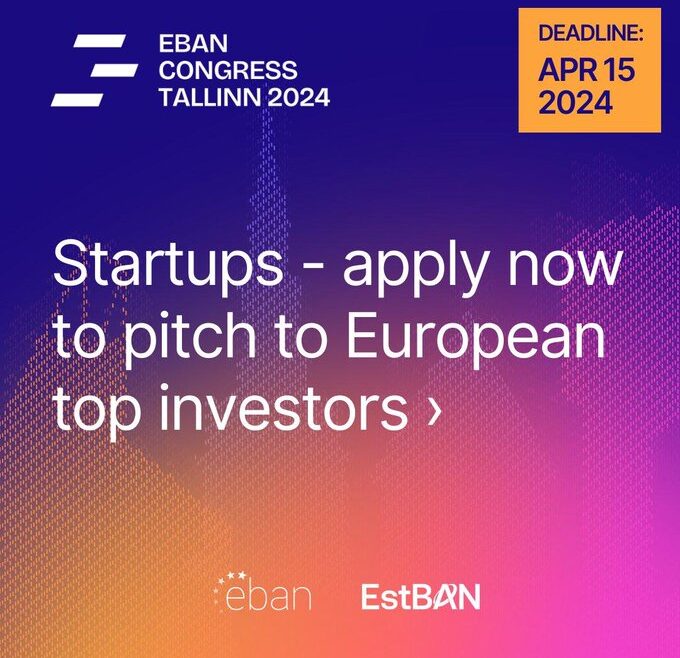Raise Final Event: EU Startups Summit 2024
Raise Final Event: EU Startups Summit 2024 https://theraise.eu/wp-content/uploads/2024/04/GLnszhkXoAAG1N1.jpg 680 680 RAISE fosters startup growth and scale-up within and across Europe https://theraise.eu/wp-content/uploads/2024/04/GLnszhkXoAAG1N1.jpgRAISE, the Regions’ Alliances for Interconnected Start-up Ecosystems Project, is set to culminate in a final closing conference on May 9th in Malta as part of the prestigious EU Startups Summit that will be held in Malta. This event marks the culmination of RAISE’s mission to foster a dynamic and sustainable support framework for startup growth and scale-up across Europe. The event is held as part of the EU Startups Summit, but it’s free of charge.
The conference will feature prominent speakers and case studies, offering insights into the outcomes of the project. The event will be opened by a keynote speech from Rudy Aernoudt (University of Ghent), who will address the audience on “How to Turn Europe into an Interconnected Startup Ecosystem.” The keynote speech will delve into an overview of what policies are needed to stimulate the start-up sector in the EU, discussing the importance of connectivity.
Throughout the day, the RAISE team will present the methodology and results of RAISE pilot actions, including testimonials from startup experiences. The sessions will explore topics such as “Navigating Structural Funds with the RAISE Startup Support Interactive Map”, and further discuss the needs and expectations of the startup sector through a common action plan developed by SERN with the support of the Regional Steering Group.
Following the presentation of the Common Action Plan, a panel discussion featuring two representatives from the RAISE Regional Steering Groups and Rudy Aernoudt will take place. The panellists will delve into startup challenges and opportunities in various EU regions, fostering collaboration and the exchange of ideas.
Reflecting on RAISE’s journey, the project has been dedicated to bridging gaps and uniting regions to shape a true EU startup ecosystem without boundaries. From funding to research support and internationalisation, RAISE has championed collaboration, linking stakeholders from local to international levels.
RAISE’s focus on pilot actions, benchmarking startup-friendly policies, and nurturing growth has been instrumental in shaping the future of startup support in Europe. The project’s legacy lies in its efforts to design action plans, highlight best practices, and build a joint agenda for effective collaboration.
As RAISE concludes its journey, it leaves behind a legacy of interconnectedness, collaboration, and empowerment, nurturing startup growth and scale-up across Europe towards a truly interconnected EU startup ecosystem.
EU Startup Summit
The EU Startup Summit will gather over 2,000 founders, startup enthusiasts, corporates, angel investors, VCs, and media from across Europe. The event will provide great networking opportunities, with a dedicated networking app (all participants get access about 10 days prior to the event), and serve as the meeting point for aspiring entrepreneurs and investors who are aiming to build international tech companies. The EU Startup Summit will have fireside chats with internationally successful founders, insightful keynotes, and an exciting pitch competition on our main stage with some of Europe’s most promising startup teams – selected from over 1,400 applicants!



